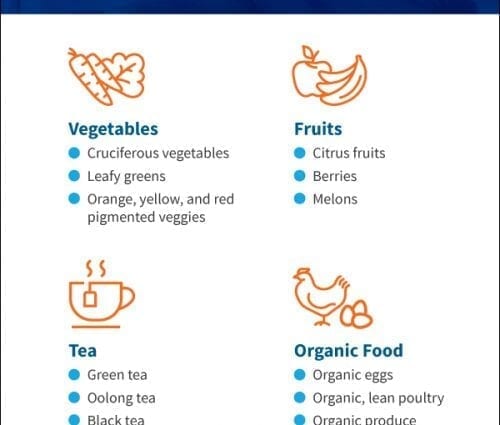Contents
The bladder is a hollow muscular organ located in the pelvis. Serves for the accumulation of urine coming from the kidneys and its subsequent excretion from the body.
Depending on the amount of fluid that has entered it, the bladder may shrink and grow in size. On average, it can hold 500 to 700 ml of liquid.
General recommendations
To keep your bladder healthy, you need to follow these guidelines:
- Drink often, but little by little. In this case, the bubble will be protected from an excess of liquid entering it.
- Do not retain urination for a long time, otherwise, there is a high risk of stones in the bladder.
- Eliminate foods that cause bladder irritation and ureteral spasm.
- Avoid foods that can cause stone formation.
- Limit salt intake, foods rich in purines and oxalic acid.
- Include vegetables and fruits in the diet, as well as fermented milk products.
To maintain the health of the bladder, the following cooking methods are useful: boiling, baking, light frying in butter, steam cooking.
Healthy foods for the bladder
- Cranberry. Due to its healing properties, this berry can protect the bladder from stone formation.
- Apples and plums. The pectin contained in these fruits is able to bind toxins and remove them from the body.
- Bran. Due to the content of B vitamins in them, they significantly improve the blood supply to the bladder.
- Fatty fish. Contains essential fatty acids and vitamin D. Especially necessary in cold seasons with few sunny days.
- Rosehip. Vitamin C, which is contained in rose hips, gives tone to the walls of the bladder.
- Sea buckthorn. The provitamin A contained in it is actively involved in the regenerative function of the bladder. In addition, it supports the contractile function, due to which the bladder adapts to the available fluid.
- Pumpkin seeds. They contain vitamin E, which is responsible for nourishing the bladder mucosa and removing accumulated urine.
Traditional methods of treating and cleansing the bladder
The following herbs relieve inflammation, cleanse the bladder: Ivan tea, St. John’s wort, shepherd’s purse, field horsetail, lingonberry leaf.
For the selection of the most suitable herb, as well as the method of taking it, it is advisable to contact your doctor.
During the watermelon season, from August to October, representatives of traditional medicine recommend watermelon cleansing, which will rid the bladder of sand and small stones.
Watermelon cleaning.
It is necessary to consume watermelon from 2 to 3 am, sitting in a bathtub filled with warm water. Time, from 2 to 3 am, according to the canons of oriental medicine, corresponds to the meridian of the kidneys and bladder. Several cleansing procedures are necessary during the season.
Harmful products for the bladder
- Salt… It causes water retention in the body, as a result of which edema and irritation of the bladder walls are possible. You should limit the use of salt, but not completely abandon it, since in this case the water-salt balance of the whole organism may be disturbed.
- Smoked meats and pickles… Due to the substances contained in them, they are able to cause spasm of the ureter, and, therefore, prevent the outflow of urine.
- Spicy dishes and spices… They irritate the walls of the bladder.
- Spinach, sorrel… Contains oxalates that can cause stone formation.










